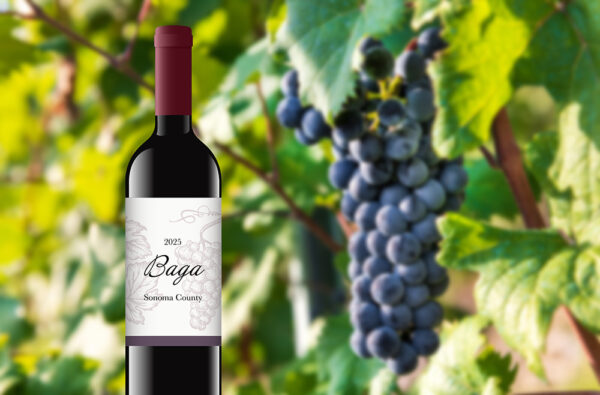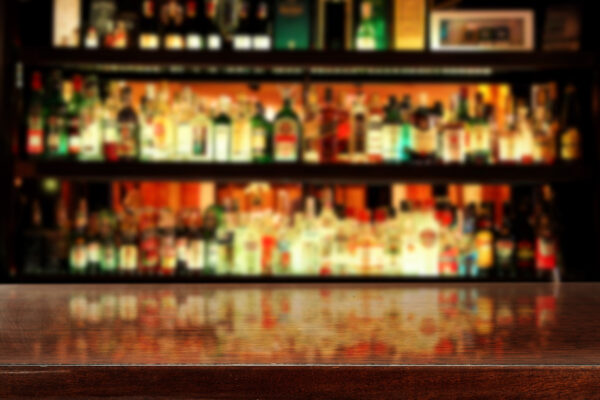California Department of Alcoholic Beverage Control Licenses for Wineries
Operating a wine company in California is a highly regulated activity subject to licensure from the California Department of Alcoholic Beverage Control (“ABC”). The California Department of Alcoholic Beverage Control offers an extensive catalog of licensure and permitting options for businesses and individuals in the wine industry; below are the highlights of some of the ABC licenses most relevant to California wineries and related businesses:
TYPE 02 “Winery” or “Winegrower” License
California defines a “winegrower” as “any person who has facilities and equipment for the conversion of grapes, berries, or other fruit into wine and is engaged in the production of wine (California Business and Professions Code § 23013). The applicable ABC license for these wine businesses is the “02 Winery License”, which historically, has been the most central license to wineries in California. The 02 license is applicable for “winegrowers” (licensed after September 17, 1965).
Additionally, the Federal Alcohol and Tobacco Tax and Trade Bureau (TTB) regulations permit a winegrower to use the facilities and equipment of another winegrower to produce wine. This is commonly referred to as an “alternating proprietorship.” In the Alternating proprietorship model, separate 02 licenses are issued to each legal entity manufacturing wine under its own bonded winery permit.
TYPE 17 (Beer and Wine Wholesaler) and TYPE 20 (Off-Sale Beer and Wine) License Combination
Alternatively, for businesses without their own facility, and who do not seek to be granted the right to produce their own wine, the 17/20 license combination allows for wine businesses to make their wine at someone else’s 02 licensed and bonded winery (often referred to as “custom crush”) while being able to sell that wine to wholesalers, retailers, and consumers. For small producers, this license combination allows them to avoid the cost, overhead, and liability associated with owning and operating a licensed, bonded, winery.
Specifically, the Type 17 license entitled: “ Beer and Wine Wholesaler” applies to beer and wine wholesalers generally. The Type 17 license “permits incidental sales to other supplier-type licensees. However, to qualify as a bona fide wholesaler, a licensee must sell to retailers generally” (see California Business and Professions Code Section 23779).
The Type 20 license, entitled: “Off-Sale Beer & Wine” authorizes the sale of beer and wine for consumption off the premises where sold.
Together, the 17/20 license combinations allows those businesses to custom crush wine at another licensee’s bonded facility while still being able to sell their wine to distributors, retailers and consumers. However, one of the primary drawbacks of the 17/20 winery, and worth consideration, is that unlike the 02 license, 17/20 licensees cannot offer tastings to consumers.
TYPE 85 Limited Off-Sale Wine License
More recently, and in order to keep pace with the changing needs of licensees, the legislature adopted a new license type for licensees who desire to conduct their business by on-line computer, telephone, or direct mail. ABC identifies this as the Type 85 License, entitled: “Off-Sale Retail”
Prior to the Type 85 license, a licensee who wanted to sell wine directly to the consumer via e-commerce was required to obtain the 17/20 combination discuss above (see also California Business and Professions Code section 23779) The Type 85 license enables licensees to make direct sales of wine to consumers via the internet, direct mail, or telephone (from a premises not open to the public) without the requirements of also holding a wholesaler license.
Application procedures for the Type 85 license, while similar to those of other retail licenses, are different in the sense that they are not subject to County number restrictions and establishing public convenience or necessity. Importantly, the Type 85 license does not replace the 17/20 combinations for licensees who wish to operate as a wholesaler in addition to direct-to-consumer sales.
Apply for your California Winery License(s)
The above are some high-level considerations regarding the most common wine industry licenses in California. Please contact the beverage industry attorneys at Rogoway Law, if you’d like to further discuss licensing for your winery or beverage business based in California.


